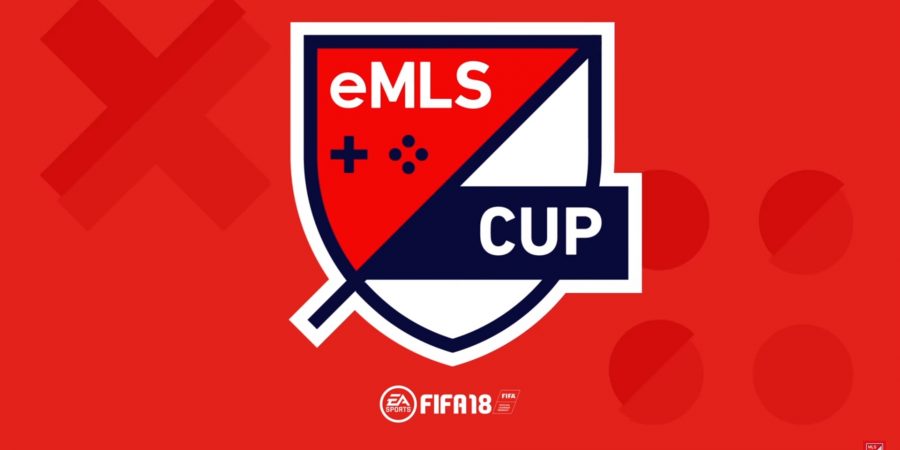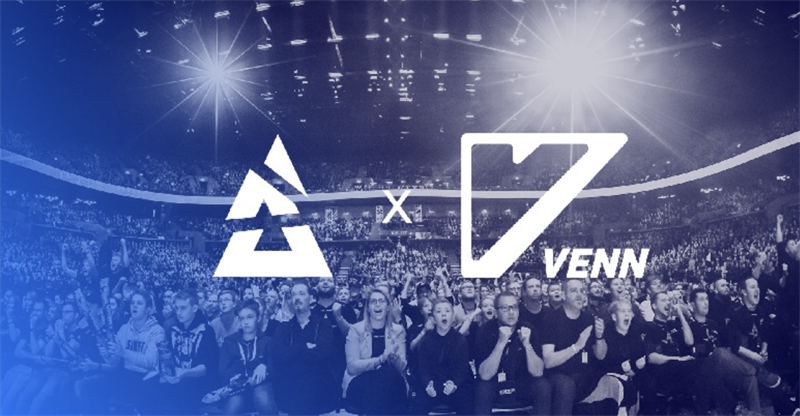Digital Sport Insider: Why MLS’s partnership with EA Sports is groundbreaking
When we think of esports, more and more we’re starting to think about the potential tie-ins between the burgeoning new sector and traditional sports.
Over the last few months we’ve begun to see the emergence of sim sports as a pursuit for leagues and teams who are use games to boost their own popularity. Whether it’s spreading sport into a new territory in order to gain an audience it never had access to, or whether it’s to grow the sport by means of teaching potential new fans the rules through the medium of a video game, there are plenty of ways in which top sports teams can make the most of this growing phenomenon.
But it’s not just the world of professional esports we’re talking about here. It’s not just a case of being successful at a new sport – it’s also about reaching those who just want to play the game for the fun of it.
A few months ago, some of the biggest Adidas-sponsored teams launched digital-only fourth kits which were available on FIFA 18. It’s this sort of partnership which can see clubs leverage their presence on games to a much greater degree.
On the Digital Sport Insider podcast – a wrap up of our Digital Sport London esports special event last Tuesday night at Pinsent Masons – Tom Halls, Head of Strategic Development at Gfinity mentioned another very interesting tie-in.
“MLS have got an intriguing data sharing partnership with EA Sports,” he said, “and it’s really influencing that audience attraction. MLS, at the moment, can log into the EA platform and see how many people are playing with, say, LAFC – the new LA team.”
“So they can see how many people are playing with that new team and then match that up with their ticketing database and go ‘we’ve only got 15,000 people coming to the game this weekend, but there are 40,000 people within five miles of playing as us in the game – how do we convert them into that?’”
As with so much in sport, there’s always a way to merge strategies together in order to gauge your popularity and leverage it. EA Sports’ FIFA series is incredibly popular all over the world and is just one of the reasons why football is becoming so popular in territories like the US where it hasn’t always been so strong – the game is authentic, feels right, is easy to play and teaches newcomers the rules. On top of that, being able to see how popular your team is in the game gives you the chance to grow new fans.
That might seem like a stretch to some people, after all just because you play as a team in a game doesn’t mean you’re a fan. But think of it this way: anyone who’s ever had a successful career mode save on either FIFA or Football Manager will tell you how much you fall for the club. You spend so long crafting your team and playing the game – and all the while you see the club’s colours and branding on kits and crest on the homescreen. You start to fall in love with it.
The real question is why has it taken so long for football clubs to start to find ways of leveraging that to their own benefit away from the game?
About author
You might also like
F1 Esports Comes to EA Games in Mobile Racing Game With Huge Prizes Up for Grabs
First F1® Esports tournament comes to Real Racing 3 game this August Exclusive prizes up for grabs, including the chance to attend a Grand Prix™ Update will also see new F1® 2021
Venn & Blast Team Up To Fuel Esports Expansion
New Strategic Partnership and Multi-Faceted Relationship Spans Esports Programming & Event Production First Collaboration To Debut at BLAST Premier Global Final on January 24, 2021 VENN, the global media network
Espo offers exclusive pre-launch access and announces new partnerships with BBG, Team BDS and BOOM Esport
Espo, the fan engagement platform that rewards collaboration between world-class esports teams, players, fans and sponsors, has expanded its roster of team partners with the addition of 3 international organizations:








